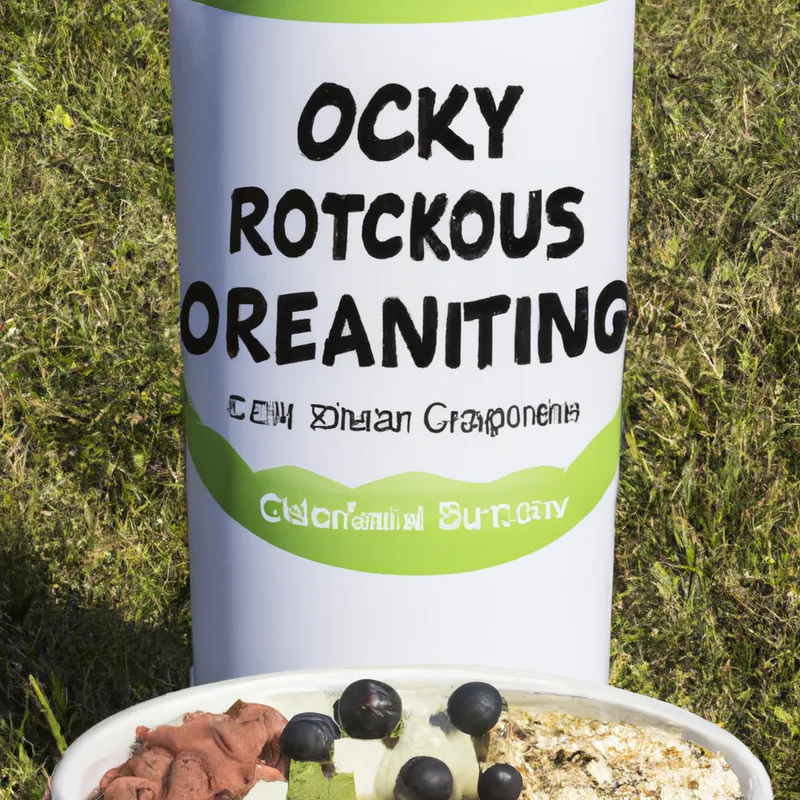Optimize Your Nutrition for Race Day Success
Nutrition Strategies for OCR Competitors: Fueling Your Race Day
Obstacle Course Racing (OCR) demands physical endurance, mental toughness, and strategic planning. Proper nutrition significantly affects your performance. Fueling your body correctly can determine whether you finish strong or struggle. This blog post shares essential nutrition strategies for your next OCR event.
Pre-Race Nutrition: Setting the Stage
Your race day nutrition starts long before the starting line. Focus on meals in the days leading up to the event. Carbohydrates serve as your best friend, providing needed energy. Increase your carb intake two to three days before the race. Whole grains, fruits, and vegetables offer excellent sources.
Avoid high-fat and high-fiber foods before the race. They can cause digestive issues during the event. Instead, choose easily digestible options. Think oatmeal, bananas, or toast with honey. A balanced pre-race meal should include simple carbs and some protein for stable energy levels.
Hydration is Key
Hydration plays a crucial role in OCR. Dehydration causes fatigue and decreased performance. Start hydrating at least 24 hours before the race. Drink water consistently throughout the day. On race day, drink 16 to 20 ounces about two hours before starting.
During the race, drink water at every aid station. If your race lasts longer than 90 minutes, opt for electrolyte drinks. These drinks replenish lost minerals and maintain your energy levels.
Race Day Nutrition: Fuel on the Go
During the race, you need quick, accessible fuel. Energy gels, chews, or bars provide that boost. Choose options tested during training to know how your body reacts.
Generally, consume 30-60 grams of carbohydrates per hour. This helps maintain your energy levels. If the race includes long stretches, pack a small snack like a banana or peanut butter sandwich. These provide fantastic quick energy sources.
Listen to Your Body
Every athlete is different. Pay attention to your body’s signals. If you feel fatigued, refuel promptly. Don’t wait until you feel completely drained. Consistent small amounts of fuel help maintain performance throughout the race.
Post-Race Recovery: Replenishing Your Body
After crossing the finish line, your work continues. Recovery nutrition holds equal importance to pre-race and race day nutrition. Your body needs to replenish glycogen stores and repair muscles. Consume a protein and carb-rich meal within 30 minutes of finishing.
Good recovery foods include smoothies with protein powder, chicken with rice, or yogurt with berries. These options speed recovery and reduce soreness. Additionally, hydrate well by drinking plenty of fluids to replace what you lost.
The Power of Meal Planning
Meal planning simplifies your nutrition strategy. Create a weekly meal plan with balanced meals. Incorporate various nutrients to support training and recovery. This structure helps avoid last-minute unhealthy choices.
Consider using a food diary to track your intake. Monitoring what you eat identifies areas for improvement. It also helps you discover what works best during training.
Benefits of Proper Nutrition
Fueling your body correctly offers numerous benefits. First, it enhances your performance. Providing the right nutrients maximizes your potential, leading to better race times.
Second, proper nutrition aids recovery. It reduces muscle fatigue and soreness, allowing you to train sooner. Additionally, good nutrition supports overall health. It strengthens your immune system and boosts your energy levels.
Lastly, it improves mental focus. Eating well enhances brain function, leading to better decision-making during the race. You’ll feel alert and ready to tackle obstacles.
Conclusion
Nutrition strategies are vital for OCR competitors. By focusing on pre-race, race day, and post-race nutrition, you can enhance performance and recovery. Remember to hydrate, listen to your body, and plan your meals effectively. With the right fuel, you can conquer any obstacle. Prepare well, eat smart, and race strong!
Below are related products based on this post:
FAQ
What should I eat in the days leading up to my OCR event?
In the days leading up to your OCR event, focus on increasing your carbohydrate intake to provide needed energy. Opt for whole grains, fruits, and vegetables while avoiding high-fat and high-fiber foods that can cause digestive issues. Easy-to-digest options like oatmeal, bananas, or toast with honey are ideal for your pre-race meals.
How can I ensure I stay hydrated before and during the race?
Start hydrating at least 24 hours before the race by drinking water consistently throughout the day. On race day, consume 16 to 20 ounces of water about two hours before the start. During the race, drink water at every aid station, and consider electrolyte drinks if your race lasts longer than 90 minutes to replenish lost minerals and maintain energy levels.
What should I eat after the race for recovery?
After finishing the race, focus on consuming a protein and carb-rich meal within 30 minutes to replenish glycogen stores and repair muscles. Good recovery food options include smoothies with protein powder, chicken with rice, or yogurt with berries. Additionally, make sure to hydrate well by drinking plenty of fluids to replace what you’ve lost during the race.















Post Comment